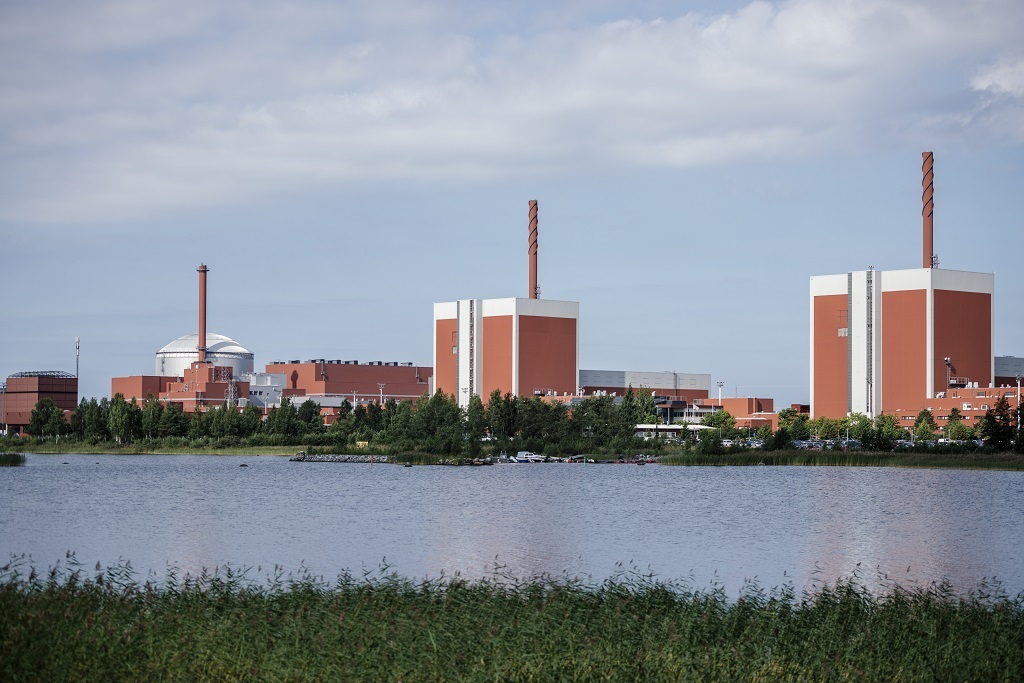[ad_1]

Antti Yrjonen/NurPhoto via Getty Images
France is set to build eight new nuclear plants on top of six already announced, the energy minister has said, arguing more reactors are needed to hit carbon reduction targets.
A draft law set to be presented soon recognises that “we will need nuclear power beyond the six first European Pressurised Reactors” (EPRs) announced by President Emmanuel Macron in early 2022, Agnes Pannier-Runacher told Sunday’s edition of weekly newspaper Tribune Dimanche.
The bill will include a further eight plants that had until now been discussed as an “option” by the government, Pannier-Runacher said.
By contrast, the text would not include any targets for renewable energy generation by 2030, remaining “technologically neutral”, she added.
France is on the lower end of greenhouse gas emissions in the 27-nation European Union, at around 4.7 tonnes per capita in 2020, according to data from Climate Watch.
This is in part thanks to its fleet of 57 nuclear reactors built from the 1970s – some of which required long and costly repairs in recent years.
“The historic nuclear fleet will not last forever,” Pannier-Runacher told Tribune Dimanche.
France aims to reduce fossil fuels’ share of energy use from more than 60% now to 40% in 2035, which would require “further construction equivalent to 13 gigawatts” of energy from 2026, Pannier-Runacher said.
That matches “the power of eight EPR reactors, without setting in stone any particular technology”, the minister added.
Pannier-Runacher suggested that construction of even more than 14 nuclear reactors could be raised in talks with lawmakers once the energy bill reaches parliament.
State energy firm EDF’s next-generation EPR has had a rocky start.
Three are online, one in Finland and two in China, after suffering massive construction delays and cost overruns that have also beset projects in Britain and France.
The first EPR in France, at Flamanville in Normandy, is set to come online for testing in mid-2024, EDF said last month – 17 years after construction started and at a cost of €12.7 billion (about R260 billion), around four times the initial budget of €3.3 billion.
– AFP
[ad_2]
Source link
